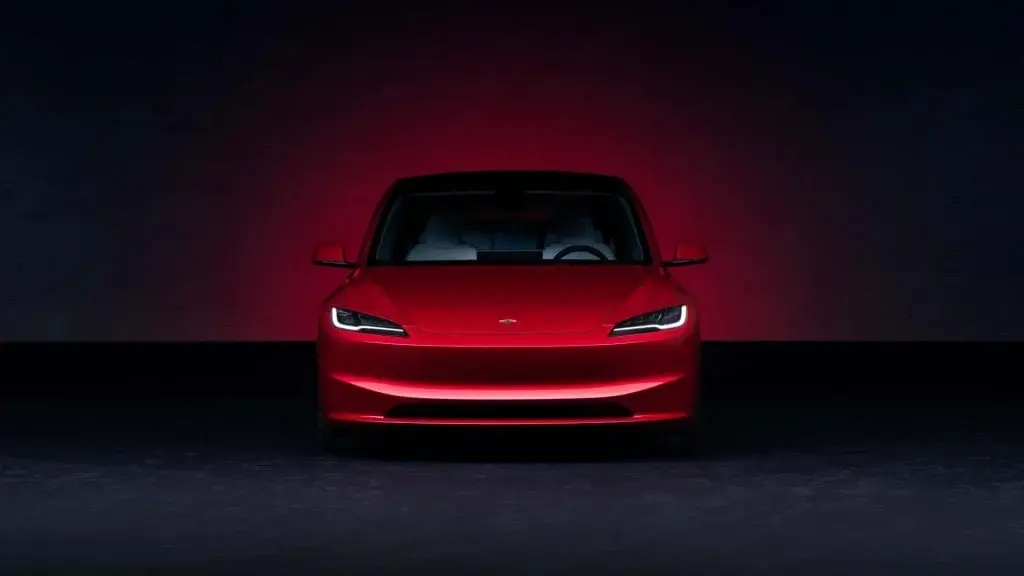The upcoming iQOO 12 smartphone is set to make its debut in the Indian market on December 12. The brand has begun unveiling the specifications and features of the Indian variant, and it appears to be identical to the previously released Chinese model. The only remaining unknown factor is the pricing, which has been disclosed through a recent report leak.
Pricing Details
As per a report by MySmartPrice, iQOO is aiming to price the iQOO 12 under ₹55,000. Tipster Mukul Sharma has also shared information regarding the pricing. It is revealed that the box price of the iQOO 12 is ₹5X,999. The tipster claims that the Maximum Retail Price (MRP) is ₹56,999 and the actual pricing could be around ₹53,000 to ₹55,000. The phone will launch in two variants: 12GB/256GB, and 16GB/512GB.
Potential Impact on iQOO 11 Pricing
Other than the super attractive price points, what makes this leak more interesting is the fact that iQOO recently cut down the price of its iQOO 11 models in India by up to ₹13,000, bringing the starting price down to ₹49,999. If the iQOO 12 does launch at the leaked price points, we might see the price of the iQOO 11 fall even more in the coming days. Till then, there are the specs and features of the iQOO 12.
iQOO 12 Specifications
The iQOO 12 boasts a 6.78-inch Flat AMOLED display with an impressive 1260 x 2800 pixel resolution and a high 144Hz refresh rate. In the camera department, the iQOO 12 sports a triple rear camera setup comprising a 50MP main camera, a 64MP periscope telephoto camera, and a 50MP ultrawide camera. Selfies are handled by a 16MP front camera.
It is powered by the Qualcomm Snapdragon 8 Gen 3 chipset, complemented by iQOO’s proprietary e-sports chip Q1 and the Adreno 750 GPU. Operating on the Android 14-based OriginOS 4 custom user interface, the smartphone offers various storage configurations with LPDDR5 RAM and UFS 4.0 storage. The device is fueled by a robust 5,000mAh battery with support for rapid 120W fast charging.


